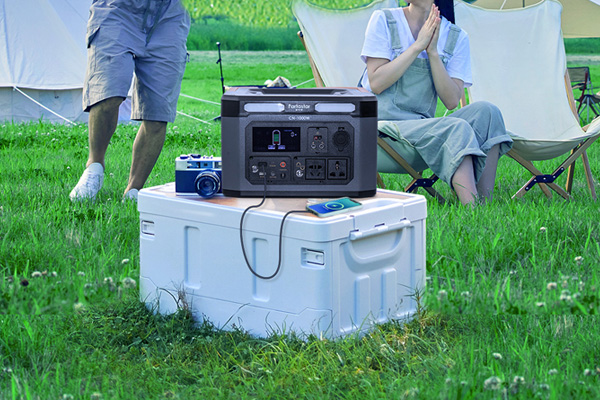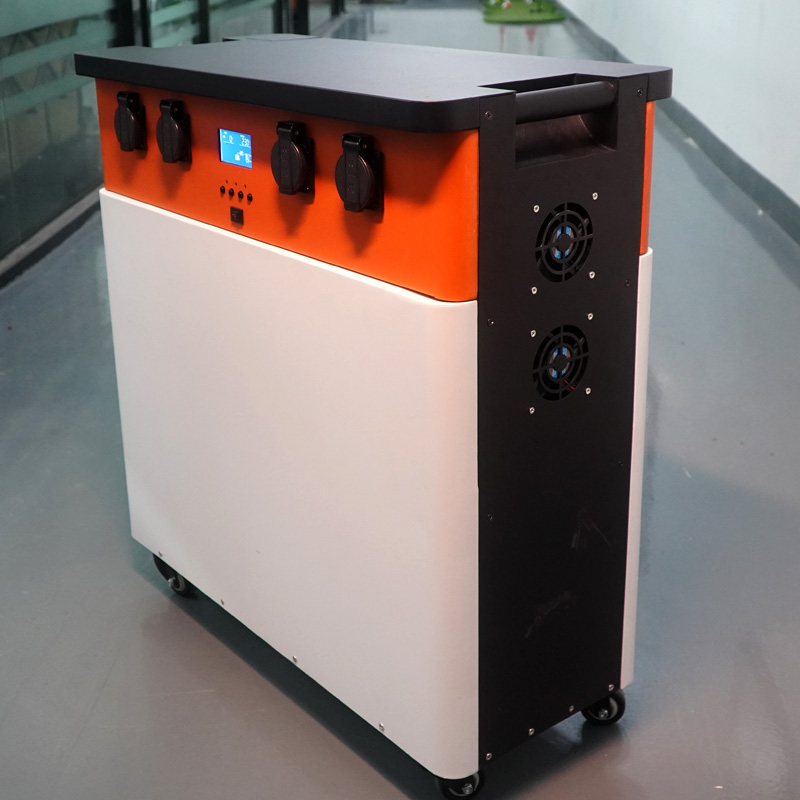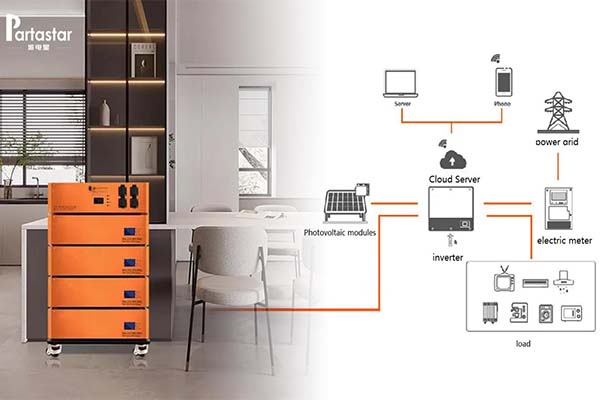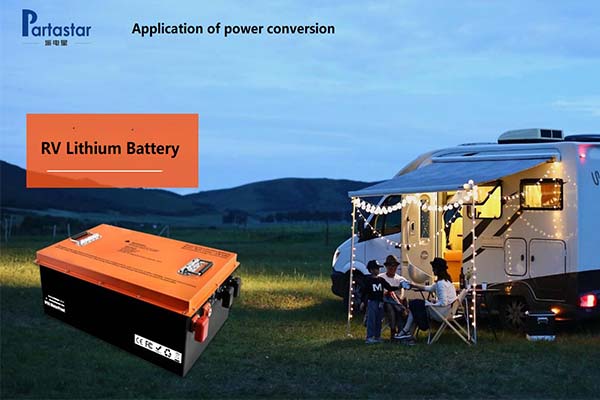Portable power stations have become increasingly popular in recent years, and for good reason. These devices provide a portable and reliable source of power for a variety of activities, from camping and outdoor adventures to emergency backup power in the event of a power outage. However, with so many options available on the market, it can be difficult to determine which portable power station is right for you. In this article, we will take a closer look at what a 300W portable power station can run and what factors you should consider when selecting a portable power station.
First, let's start by defining what a 300W portable power station is. A 300W portable power station is a device that can provide up to 300 watts of continuous power output, typically through a combination of AC outlets, USB ports, and DC outlets. These devices are often compact and portable, making them ideal for use on the go.
So, what can a 300W portable power station run? The answer to this question depends on the specific power requirements of the devices you plan to use. A 300W portable power station can typically run small electronic devices such as smartphones, tablets, and laptops, as well as small household appliances such as fans, lights, and small refrigerators. However, it may not be able to power larger appliances such as air conditioners, refrigerators, or power tools.
To determine whether a 300W portable power station is sufficient for your needs, it is important to consider the power requirements of the devices you plan to use. Most electronic devices will have their power requirements listed on the device or in the user manual. For example, a laptop may require 45 watts of power, while a tablet may only require 10 watts. Small household appliances such as fans and lights typically require less than 100 watts of power, while small refrigerators may require up to 150 watts.

In addition to power requirements, it is also important to consider the runtime of a 300W portable power station. The runtime of a portable power station refers to the amount of time it can provide power at a given load before needing to be recharged. The runtime of a 300W portable power station will vary depending on the specific device and load being used. For example, a 300W portable power station may be able to power a laptop for 3-4 hours, while a small fan may be able to run for 6-8 hours.
When selecting a portable power station, it is also important to consider the charging options available. Most portable power stations can be recharged using a standard wall outlet, but some may also be able to be charged using solar panels or car chargers. If you plan to use your portable power station while camping or in other off-grid situations, a solar panel may be a necessary accessory.
Finally, it is important to consider the overall size and weight of a 300W portable power station. While these devices are typically compact and portable, they can vary in size and weight. If you plan to take your portable power station on camping trips or other outdoor adventures, a smaller and lighter device may be more practical.
In conclusion, a 300W portable power station can provide a reliable source of power for small electronic devices and small household appliances. When selecting a portable power station, it is important to consider the power requirements of the devices you plan to use, the runtime of the device, the charging options available, and the overall size and weight of the device. By considering these factors, you can select the right portable power station to meet your needs.



